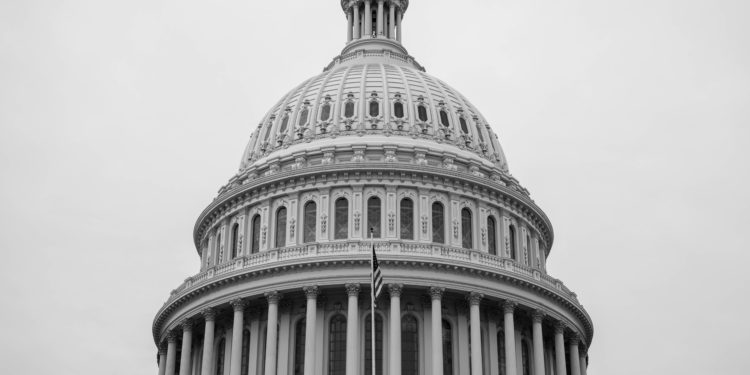On Tuesday President Biden signed two pieces of legislation into law which were aimed at enhancing the cybersecurity capabilities of federal, state and local governments.
The signing was preceded by an earlier law which increased the ability of the federal government to collect data about cyberattacks.
These laws are a direct response to the marked increase in cybersecurity attacks following the Covid-19 pandemic and the rise in the digital marketplace as well as the infamous SolarWinds hack which compromised nine federal agencies.
Portions of the new law address cybercrime by establishing a program, the Federal Rotational Cyber Workforce Program Act, to allow cybersecurity professionals to rotate through multiple federal agencies and enhance their expertise.
The bill also requires the Office of Personnel Management (OPM) to distribute lists of open positions in the program to government employees annually.
The second signed law is the State and Local Government Cybersecurity Act which requires the National Cybersecurity and Communications Integration Center to share security tools and protocols with state, local, tribal and territorial governments.
“For hackers, state and local governments are an attractive target — we must increase support to these entities so that they can strengthen their systems and better defend themselves from harmful cyber-attack,” Rep. Joe Neguse (D-Colo.), who introduced the bill, said in a statement after the House’s passage.
More regulatory changes to the cybersecurity landscape are working their way through the Senate. A new bipartisan bill aims to block high-risk countries from acquiring sensitive U.S. data while a Senate committee has advanced a measure to make it easier for U.S. spy agencies to hire people who have used marijuana.








